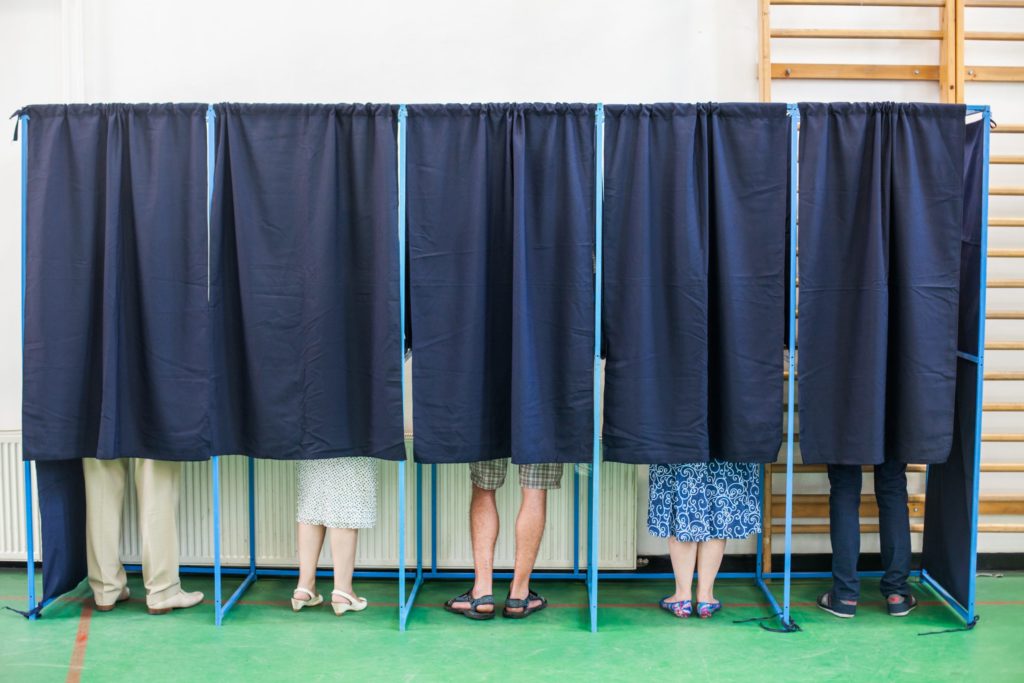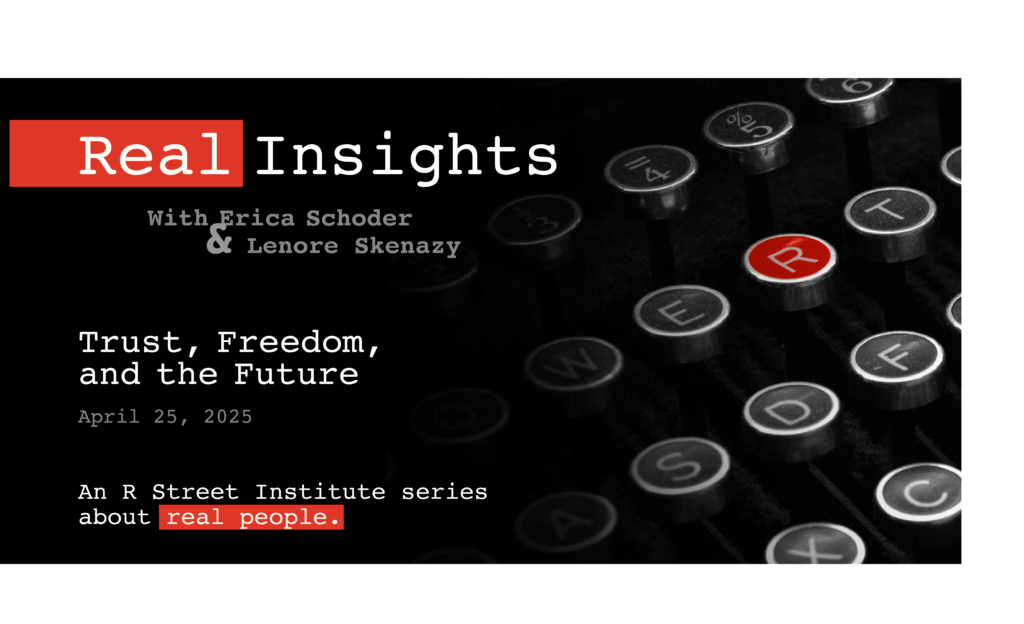Trump Fails the Betty Currie Test
Ralph Waldo Emerson once famously said that “a foolish consistency is the hobgoblin of little minds.” If so, then as a lawyer committed to the rule of law, I confess to having a little mind, though I like to think my consistency is not foolish.
Earlier this week, I signed a letter (along with a growing number—now more than 600—of other former federal prosecutors) expressing the view that the facts recounted in Special Counsel Robert Mueller’s report to Attorney General William Barr were in many cases (the letter lists three) sufficient to have warranted criminal charges against President Trump for obstruction of justice. For me the question was one of intellectual consistency. Having held President Clinton to this standard 20 years ago I could not, in good conscience, decline to apply the same standard to President Trump.
Call it, if you will, the Betty Currie test.
Currie was Clinton’s personal secretary. (For West Wing fans, she was his Mrs. Landingham.) And Clinton, of course, was suspected of having had a sexual relationship with one of his interns, Monica Lewinsky.
On the day after he first became aware that his relationship with Lewinsky was under scrutiny, Clinton called Currie into work (it was a Sunday). And when she arrived, he said to her, “There are several things you may want to know,” and then proceeded to make several statements, in the form of “questions” to Ms. Currie. Referring to Lewinsky, Clinton said:
- “You were always there when she was there, right? We were never really alone.”
- “You could see and hear everything.”
- “Monica came on to me, and I never touched her, right?”
Viewing this evidence, Independent Counsel Ken Starr (for whom I then worked) told Congress that there was “substantial and credible” information that the president had endeavored to obstruct justice by attempting to influence the testimony of Betty Currie. Though the president testified that his interaction with Currie was an attempt to refresh his own memory, we had no problem concluding that his explanation was not plausible. We concluded that the most reasonable inference was that he was attempting to enlist Currie to testify falsely about the true nature of his relationship with Lewinsky.
This vignette from the investigation of Clinton illuminates my conclusions today and is instructive for a number of reasons.
First, some, like Barr, have argued that the obstruction case against Trump is weak because there was no underlying criminal behavior. If, they argue, there was no criminal conspiracy in the contacts between the Trump campaign and Russians, then there is no obstruction in covering up the non-crime.
While it is true that the absence of an underlying crime makes proof of a corrupt motive harder for a prosecutor, it is absolutely clear under the law that one can obstruct justice out of other motives, like fear of embarrassment or political condemnation.
And that’s exactly what happened with Clinton—his underlying actions involved a sexual relationship with an intern that was, by itself, exceedingly unsavory, but it wasn’t criminal. I was of the view then, and remain of the view now, that this should not matter. Quite the contrary: Respect for the rule of law means respect for, and adherence to, the processes of law. It means not lying and not suborning others to lie for you. And that obligation falls, in my judgment, even more strongly on the president, who takes an oath to uphold the law.
And so, if Clinton should have been held to account for trying to get Currie to lie for him about Lewinsky, then, by the same logic, Trump must be held to account for (to take but one example from the Mueller report) asking his White House counsel, Don McGhan, to lie for him about Trump’s intent to fire Mueller. It doesn’t matter that Trump was asking McGhan to lie because of his political fears and it doesn’t matter that the ultimate issue of Russian electoral interference never matured into a criminal charge against the Trump campaign.
Second, the comparison is telling in another way. Say what you will about the investigation of Russia’s connection to the Trump campaign there can be no doubt at all—none whatsoever—that the possibility of Russian interference in our election system is a matter of grave significance to our democratic institutions. Far more so than, say, the president’s sexual activities. I never accepted the argument that “lying about sex” isn’t a crime—but even if I did, I would not accept the argument that “lying about an investigation of Russian electoral interference” isn’t a crime. If only for comparative reasons, anyone who supported obstruction charges in the Clinton era must acknowledge the greater salience of the issues at the core of this Trump-era investigation.
Finally, the Clinton story also tells us that another of Trump’s defenses is likewise meritless. Some have said that his effort to obstruct justice isn’t criminal because he didn’t succeed. McGhan, for example, refused to create a false record and refused to lie for him.
But, again, the same is equally of the Clinton investigation. We know that Clinton tried to convince Betty Currie to lie because, ultimately, Currie told us that story in her personal testimony. The fact that she didn’t follow his lead (at least not fully) does not excuse the effort. And, today, we know about the effort to suborn McGhan’s false testimony because McGhan has told us of it. If Clinton’s lack of success was no defense, then Trump’s should not be, either.
I could go on. In the end, though, the comparison to Clinton’s investigation and impeachment does Trump no favors. If you continue to think that Clinton was derelict in his actions, violative of his oath of office, and deserving of condemnation for his criminal activity, as I do, you can say no less about Trump.
Perhaps that consistency means I have a “little mind.” I prefer to think that I have the courage of my convictions, and I’m honored to join others who have served the American public in saying what I think. President Clinton failed the Betty Currie test; so has President Trump.
Image credit: Evan El-Amin









